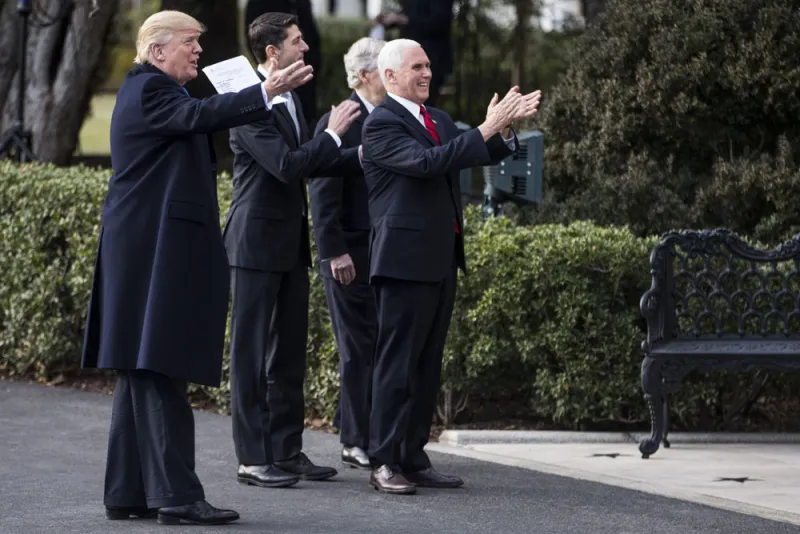Even though the stocks of alternatives managers have performed well, many of them are still undervalued compared to their earning power, according to a new research note from investment bank Keefe, Bruyette & Woods.
Ares Management, KKR, and the Carlyle Group were among the top picks cited by the note’s author Robert Lee, who directs KBW’s asset management research coverage.
Overall, publicly traded alternatives firms are positioned for strong growth in fee-related earnings throughout the rest of 2018 and into 2019, Lee argued. A number of newly raised mega-funds will begin investing or ramp up activity during this period, contributing to KBW’s bullish fee outlook. Performance fees are also expected to rise modestly as firms exit some investments.
[II Deep Dive: Private Equity Firms Get Creative with Fees]
KBW predicted that distributions to investors will decline a bit in the second quarter as private equity firms have cashed in on a relatively small portion of their portfolio companies.
“For most managers, the proportion of existing, mature investments that remain in publicly traded securities in private equity portfolios has declined the past few years and generally ranges between 15 percent [for Carlyle] and 33 percent or so [Apollo and KKR]. This means that realizations from private equity-style products over the next year or so will mostly rely on strategic sales, dividend recaps, and other non-public transactions that can be difficult to monitor,” Lee wrote.
Even so, KBW said that as funds raised between 2012 and 2014 mature over the next few years, initial public offerings should increase — provided markets remain healthy.
On the credit side, managers continued exiting positions to take advantage of benign conditions. But the credit market’s strength also made it difficult for many alternatives firms to find new opportunities, especially in the U.S., the analyst pointed out.
KBW expected capital raising to remain healthy, even as some companies take a breather after closing major funds. “Most firms continue to raise capital across a broadening range of strategies in credit, infrastructure, real estate, and elsewhere, and…we believe the outlook for capital formation remains bright,” Lee wrote.







